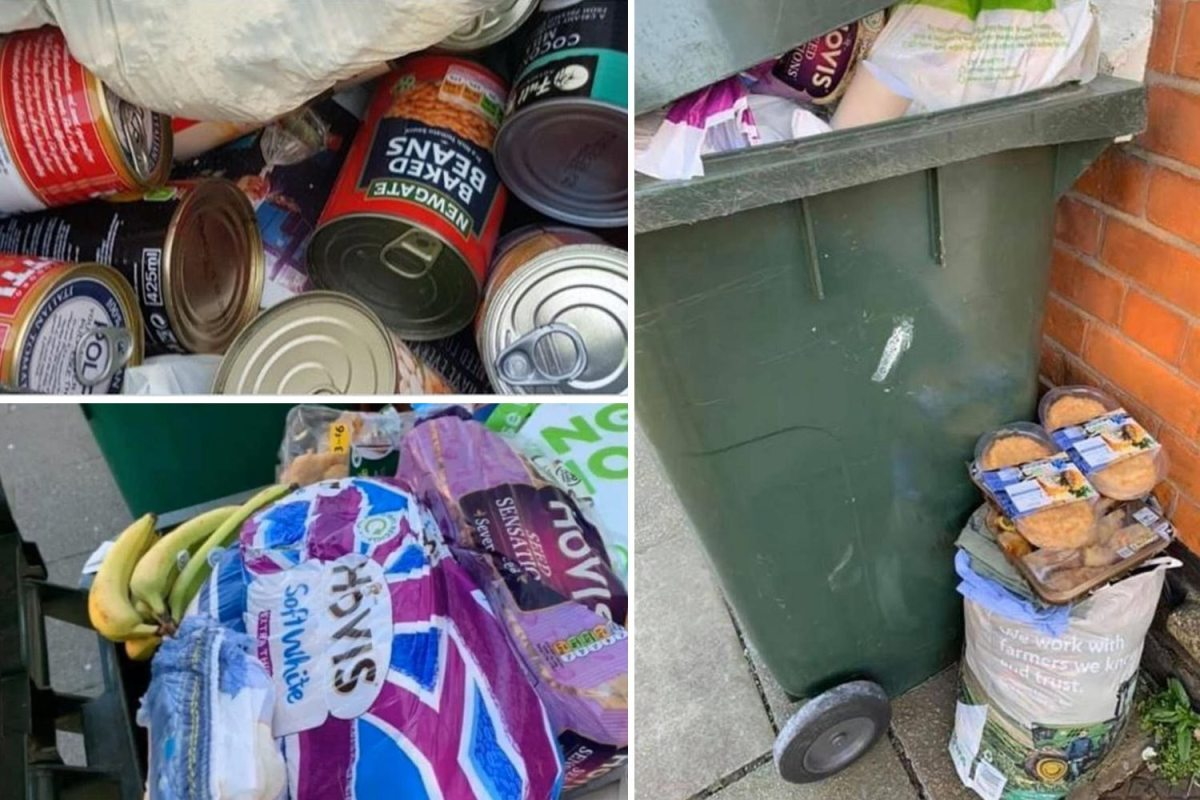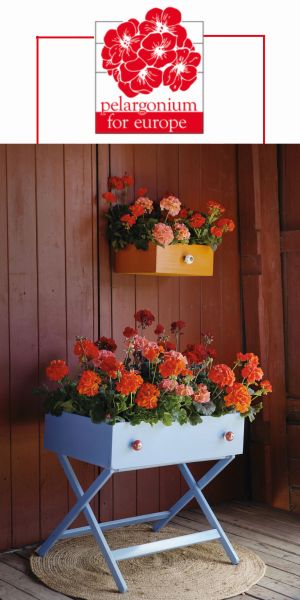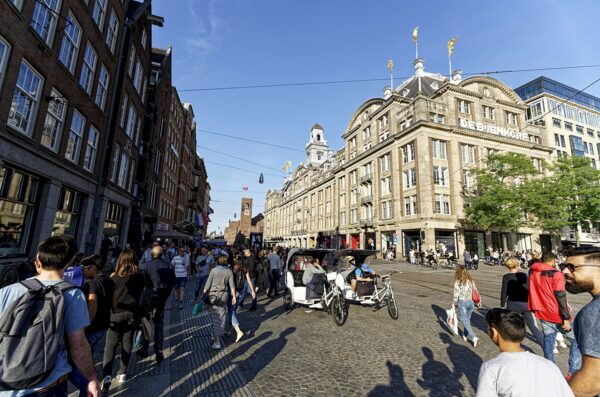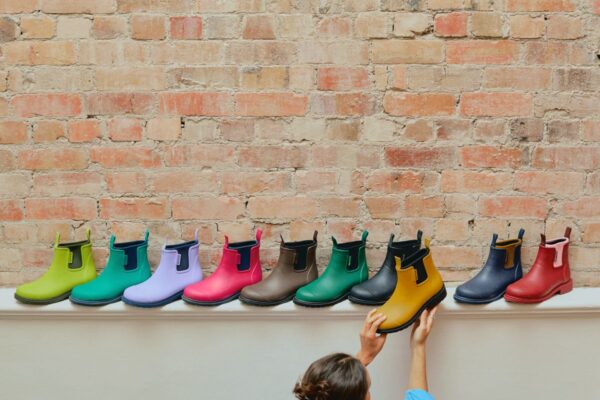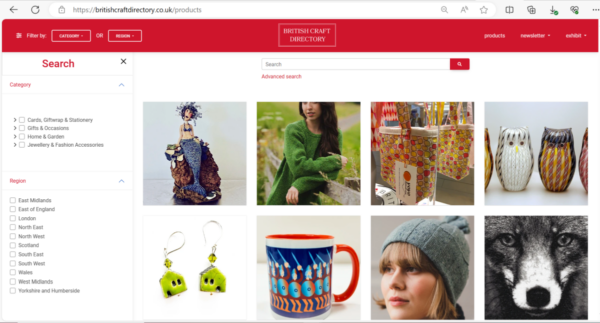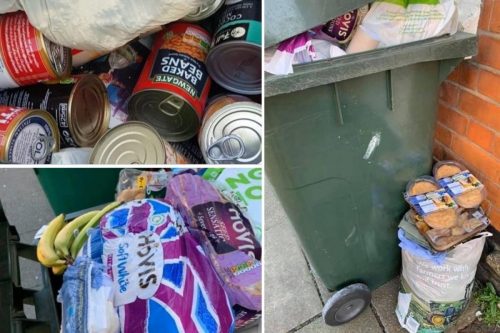
British supermarkets saw sales rise by up to 20% in March and made around £10.8bn in a boom which even beat Christmas, as consumers made 79million extra shopping trips and added £1.9bn to their spend.
The closure of pubs and restaurants was the trigger which really set pandemic panic buying in motion. Sales of beer, wine and spirits surged by 67 per cent.
The week before the country went into lockdown on March 23 was the busiest, with a year-on-year sales rise of 43%. The closure of pubs helped sales at Sainsbury’s rise by 22.4% as panic buying extended to alcohol. 88 per cent of households went shopping from March 16-19 and made an average of five trips each.
Sales at Tesco rose by 20.1 per cent, Morrisons by 19.3 per cent and Asda by 17.2 per cent. Online grocery sales rose by 14 per cent compared with last year as many people opted to buy groceries online for the first time ever.
The dramatic increase in sales will come as no surprise amid pleas which fell on deaf ears for Brits to stop panic buying and hoarding. By the end of March the extent of the folly became clear as uneaten food past its sell by date piled up in bins around the country.
The Government has asked people to shop just once a week to stop the coronavirus spreading further.
Market research firm, Nielsen, found that in the month to March 21 shoppers tended to buy just one extra item on each shopping trip, increasing their basket from 10 to 11 products at a cost which rose from £15 to £16. The focus was on stocking necessities such as cleaning products, medicine, pet care items, pasta rice and – of course, who could forget – toilet paper.
After filling pantries with dry goods consumers then focused on filling their freezers, sparking an 84% rise in sale of frozen food compared with the same weeks last year.
Market research firm, Kantar, also found that people have been shopping more frequently and buying slightly more each time, with the average household spending an extra £62.92 in March, the equivalent of a week’s extra groceries. This is more than would typically be spent in the run up to Christmas.
A similar picture was reported in one the UK’s closest European neighbours, as The Netherlands saw the revenue of Dutch DIY shops shoot up by 50 per cent in the first week of March and supermarkets by 12% – 25% more revenue compared to the same weeks last year. Sales of flour and other baking products were 160% higher than last year but panic buying did not hit the levels seen in the UK adn supermarkets remained well-stocked without noticeable shortages of essential products.


